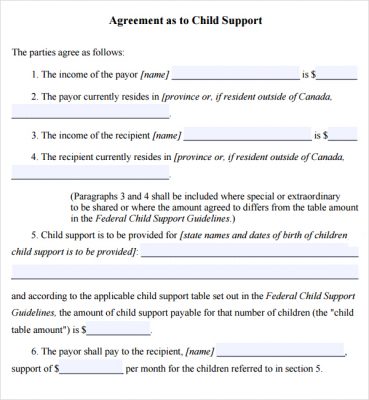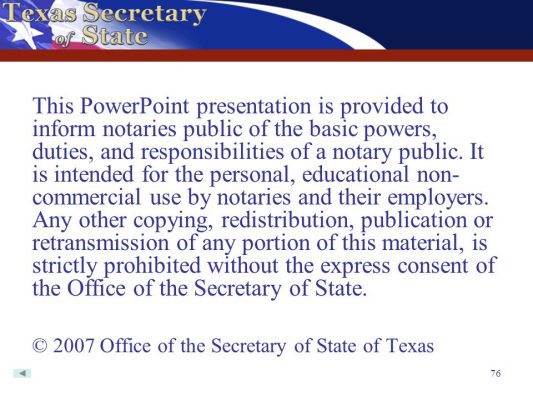After the divorce is completed -either through an agreement or by court decision– either spouse still has the opportunity to challenge certain decisions made by the court, or to change some of the rights and obligations set forth in the final rule.
Appeals
Either one or both spouses can appeal the judge’s decision in an appellate court of higher hierarchy, but it is unusual that the court of appeals reverse the decision of a judge, in the case of divorce. Any way, the following paragraphs contain general information regarding the appeal process.
The main form of arguing an appeal is through a “summary” of the appeal sent to the attorney of each party. The summary is a document that contains a legal argument based on references to the law and to the rules applicable in the case. With this summary, the party that obtained the judgment is negative will argue that the judge who presided at his trial applied the law incorrectly when making your final decision. The opposing party will argue that the decision of the court with respect to the trial was correct. The attorneys for the parties send the case files to the court and may be allowed an oral argument.
Appeals to the decisions of the court generally require a revision of the “file”, a written version of what happened in the court during the trial. The success of an appeal, therefore, will depend on what has happened during the trial, usually can not present new evidence with the appeal. Once the court of appeals has made its decision, the opportunity to make further appeals will be limited.
In the same way, remember that a agreement usually cannot be appealed if both spouses agreed to the terms. Therefore, if you and your former spouse reached an agreement on matters such as the division of property or to appropriate payments of child support for the children, –and this agreement was approved and finalized by the judge– then you will not have more option than to accept the terms of the agreement. However, you could ask the court to modify any of the faults a result of the agreement. (More information on this topic in the next section).
Motion to modify the judgment of divorce
While appealing your divorce involves challenging the decision of the court in front of a court of higher hierarchy, after you have given the judgment of divorce, you can ask the court itself where he took his trial that change certain aspects. These may be arrangements about the custody, the visitation schedule, or child support for the children and the spouse (pension).
Generally, in the area of family law, such a request is done by sending a “motion for modification” of the divorce decree or decision of the court. This motion is sent to the same court, where she initiated the divorce (and where you issued the judgment of divorce).
For example, if the divorce decree granted physical custody of your children to your former spouse, –and you then learn that he or she was arrested for possession of drugs– he could ask the court to modify custody based on these facts. Also, if the original order of divorce required you to pay $2000 for the support of your child and your ex-spouse, but you recently lost your job, you can send a motion to temporarily modify their dates for the payment of child support.









